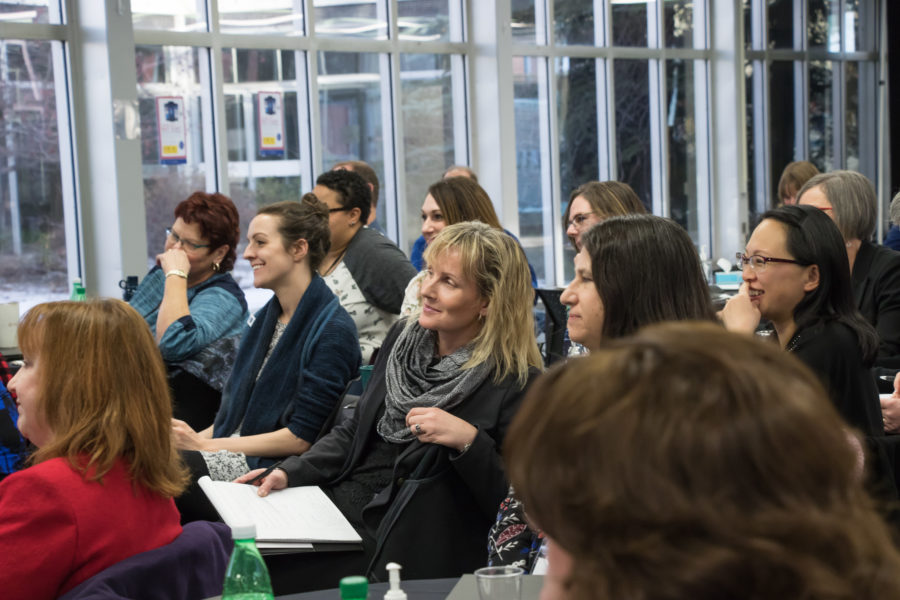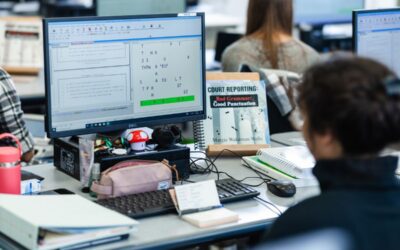On Jan. 18, NAIT Health Services and Alberta Occupational Health Nurses Association hosted PTSD Awareness Education Day. Speakers came from across Canada to share their experiences with PTSD and mental health.
Christine Bannerman, Supervisor of Health Services at NAIT, said the majority of attendees possessed a medical background. “It was extremely well attended. Nurses, paramedics, firefighters, family and friends of those who’ve been affected,” said Bannerman. Malcolm Haines, the Dean of the School of Skilled Trades at NAIT, opened the event by recognizing the prevalence of PTSD and acknowledging NAIT’s dedication to spreading awareness about mental health and supporting those who may be affected by mental health and PTSD. NAIT supports over 2,000 students through courses that revolve around mental issues.
Jason Powell, Dean of the School of Health Sciences at Humber College Institute of Toronto, worked as a nurse at emergency departments and witnessed the effects of PTSD firsthand. He emphasized that PTSD used to be defined as an anxiety disorder, but because the conversations surrounding PTSD have grown over the past decade, it has become recognized as a separate disorder all together.
Powell says it most commonly affects paramedics, soldiers and, although their symptoms often go unnoticed, nurses. However, he stresses that nursing isn’t the only PTSD-induced job that goes by unnoticed. John Garth MacDonald, who worked as an EMT in Nova Scotia for over 20 years, spoke of his personal experience with PTSD. For years, he was discouraged to talk about his struggle. “I was never to show any sign of weakness, even in front of my wife and child.”
Linda Blanchette, a mother of three, shared her second-hand experience with the disease. Her spouse, Joss, spent 15 months overseas and returned a different man. After learning of his symptoms, Blanchette has been speaking openly about her family’s struggle with PTSD since 2015.
Bannerman explains the intention of the education day was to increase awareness about the prevalence of PTSD. “[We hope] to remind people that Post Traumatic Stress Disorder is out there. It affects not only our paramedics, our fighters, but it also affects nurses, doctors, and emergency dispatchers. And that it can be treated. But PTSD is mental health and mental health has a stigma, so we’re trying to keep it in the forefront.”
– Ferdaws Salatan






